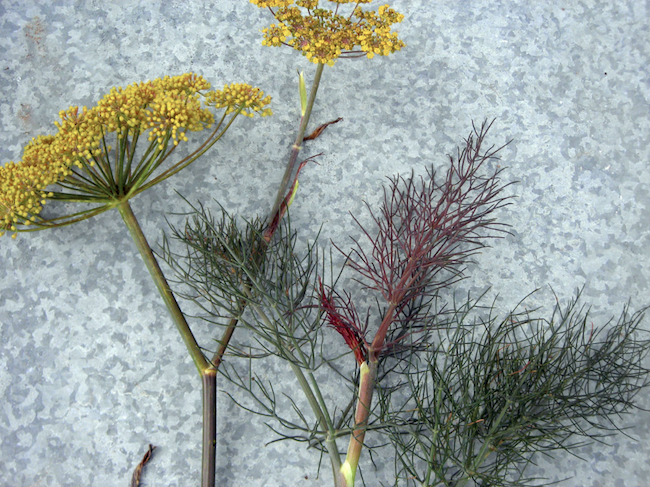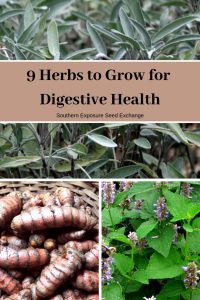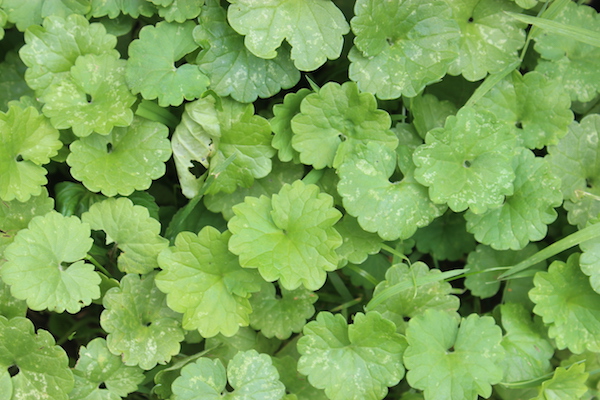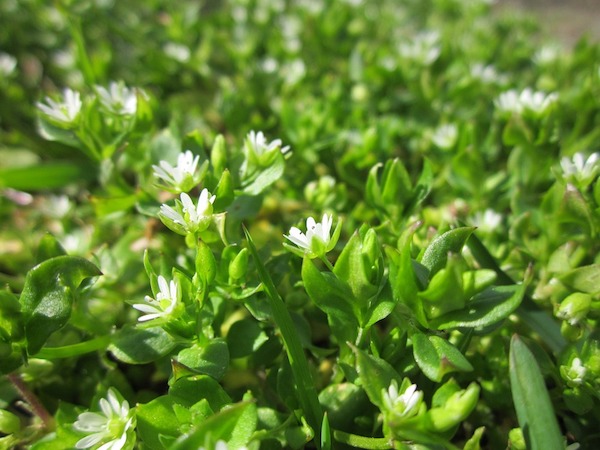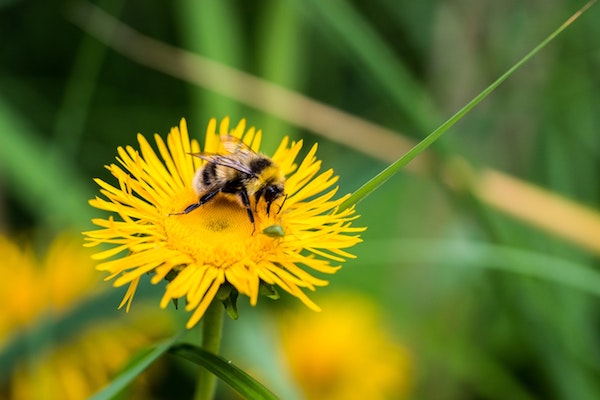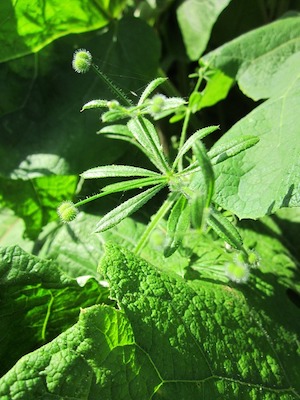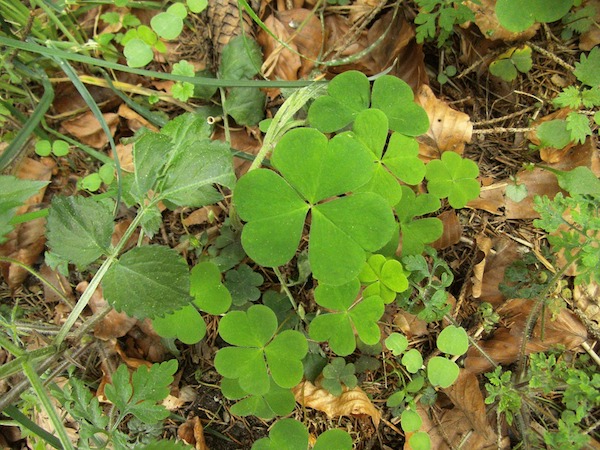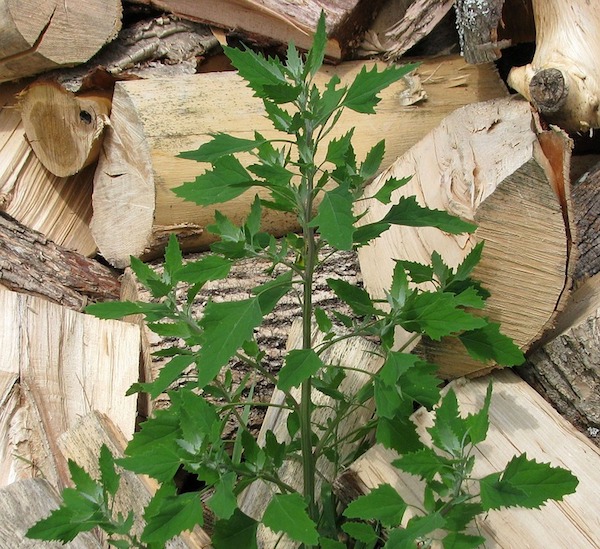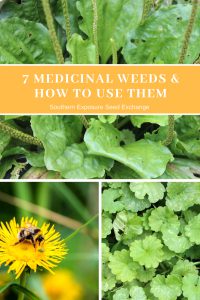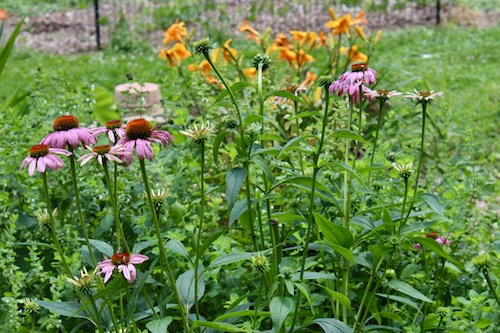
Summer is the season of abundance. It’s easy to get busy weeding, harvesting, and putting up vegetables but it’s also the time to think about herbs. Summer is the time to use and preserve herbs for the rest of the year. Here are a few ways to put up an herbal harvest.
**We’re gardeners, not doctors. Please consult a physician about using herbal remedies especially if you’re nursing, pregnant, or on any medications.**
Herbal Teas
One of the easiest ways to preserve herbs is to dry them for tea. For best results check out our guide to harvesting & preserving herbs which you can find here. Here are just a few of the easy to grow herbs you can use for tea and their properties. For more ideas check out our medicinal herbs section.
| Herb | Part of plant | Traditional Uses/Properties |
| Lemon Balm | Leaves | Sedative, calmative, carminative, anti-viral |
| Echinacea | Leaves, flowers, roots | Immuno-stimulant, anti-viral, bacteriostatic |
| Calendula | Flowers | Anti-inflammatory, soothes sore throats, soothes skin irritations when applied topically or added to a bath |
| Valerian | Roots | Tranquilizer, calmative |
| Lavender | Flowers | Carminative, antidepressant, calming tonic for the nervous system |
| Roselle | Calyx | Lowering blood pressure, anitmicrobial, diuretic, high in vitamin C |
| Skullcap | Leaves, stems, flowers | Nervine tonic, sedative, anti-spasmodic, used to revivify, calm, and nourish the nervous system |
| Chamomile | Flowers | Soothing, carminative, anti-inflammatory, anti-ulcer, anti-spasmodic, anti-microbial, can be used internally or for skin irritations |
| Mint | Leaves | Calming, spasmolytic, carminative, expectorant properties, used externally for skin irritations |
Tinctures
Preparation
Many herbs can be easily processed into effective tinctures. Add clean chopped herbs (roots, leaves, stems, berries, and even bark depending on the plant) to a glass jar. Depending on the species, part of the plant, and whether it’s fresh you should fill the jar anywhere from 1/3 to 3/4 of the way full.
Cover with high-proof alcohol. Any will do but many people prefer vodka so the flavor of the herbs comes through. The jar should be fairly full of herbs but they should move freely when you shake it. Remember that dried material will expand once you add the alcohol.
Set the jar somewhere dark, cool, and dry for 6-8 weeks. Every few days give the jar a shake and check for evaporation. You may need to top off your jar to keep your herbs covered and prevent mold growth. After you can strain and bottle your tincture. It will last a long time as long as you keep it in a cool, dry, place. It’s a good idea to use a brown glass bottle to keep sunlight out.
This article from Mountain Rose Herbs is a great source for making tinctures.
Using Your Tincture
Many people take tinctures plain using an eyedropper. However, they can also be added to teas, seltzer water, or cocktails. When using tinctures it’s important to note that they’re more concentrated than an herbal tea.
Popsicles
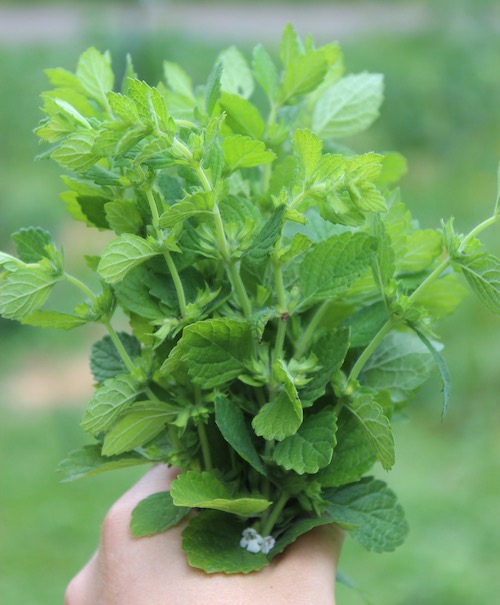 Some herbal teas also make excellent popsicles. Try mixing lavender, lemon balm, mint, or roselle tea with honey or maple syrup and small pieces of fresh fruit to freeze for a refreshing treat.
Some herbal teas also make excellent popsicles. Try mixing lavender, lemon balm, mint, or roselle tea with honey or maple syrup and small pieces of fresh fruit to freeze for a refreshing treat.
You can use paper cups and popsicle sticks or find reusable molds at your grocery store or online. Some places carry stainless steel molds for those looking to avoid plastic.
Vinegars
Making herbal vinegars is a lot like making tinctures. They can be used medicinally and are excellent for homemade dressings and marinades. Garlic, chives, thyme, ginger, sage, hot peppers, turmeric, and nasturtiums are all excellent choices but you can use a variety of herbs, plants, and fruit to create your own unique flavor. You can also use a variety of kinds of vinegar like apple cider, champagne, rice, or red wine vinegar.
In a glass jar, mix about 1 cup of herbs to every 2 cups of vinegar. Don’t use a metal lid as the vinegar may corrode it. Leave in a cool, dry, dark place for up to a month for strong flavors, shaking it every few days. When the mixture has reached its desired flavor you can strain and bottle it.
Incense
Culturally incense is sometimes used for ceremonies or cleansing spaces and the mind. Even if incense isn’t part of your culture it can be a great way to make your home smell nice. Making your own incense can also allow you to enjoy the fragrances of your garden right through the winter!
This article by Rosalee de la Forêt at Learning Herbs has a wonderful tutorial to walk you through the process. You’ll need fragrant dried powdered herbs (like rosemary, lavender, or sage), a botanical gum (to glue the herbs together), and water.
Summer is a busy time for everyone but if you want to make the most of the herbs you grew it’s time to put up the harvest. Try one of these 5 awesome ways to use your herbs and let us know how it goes on Facebook. We’d love to see how your projects turn out!

